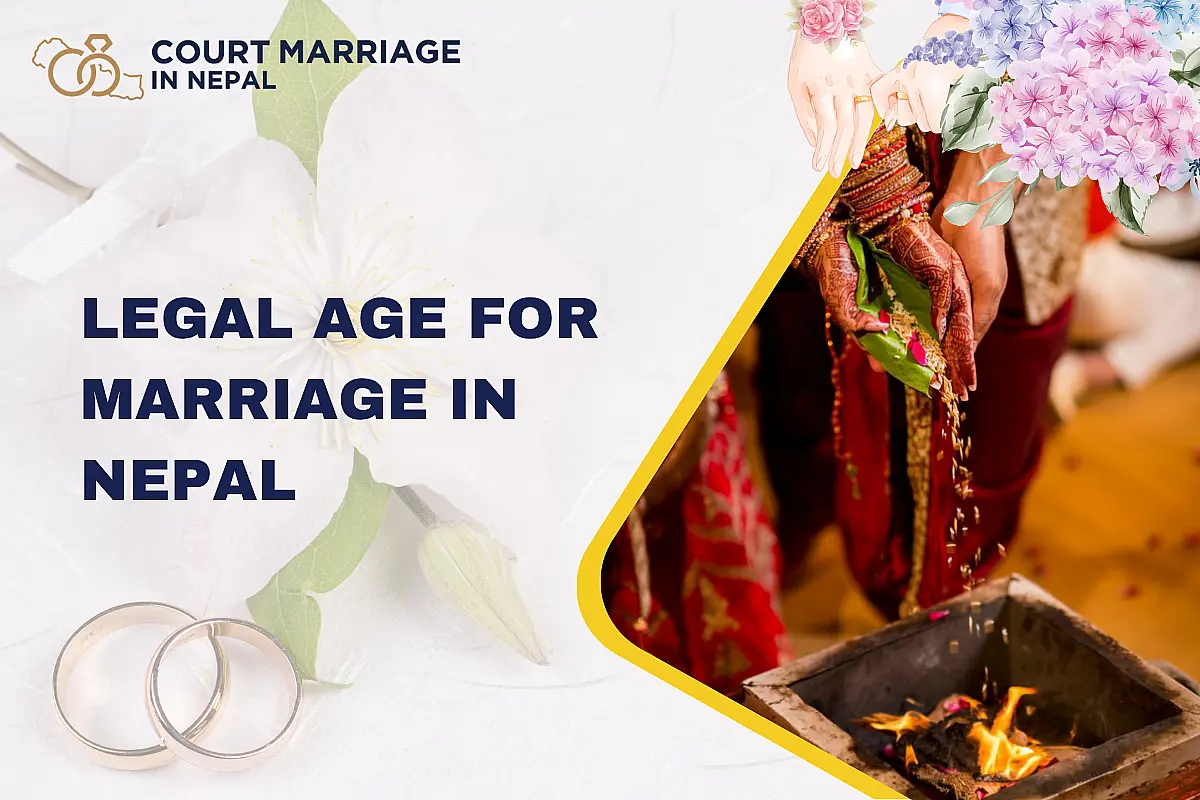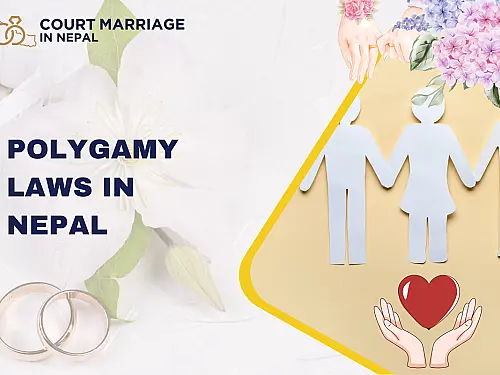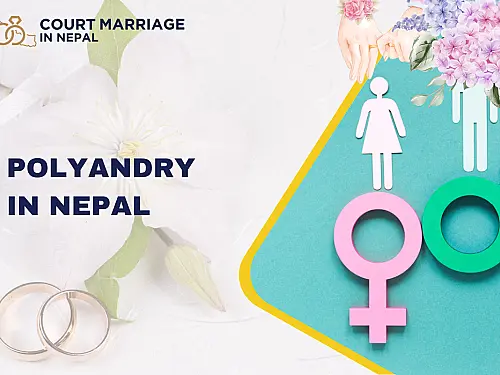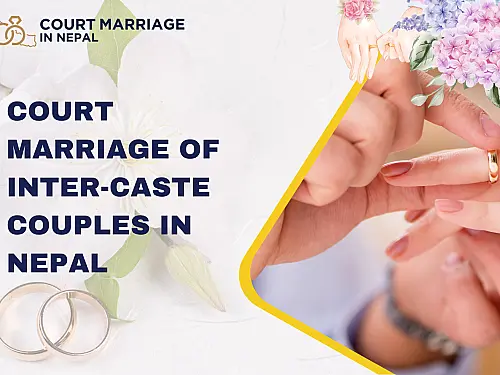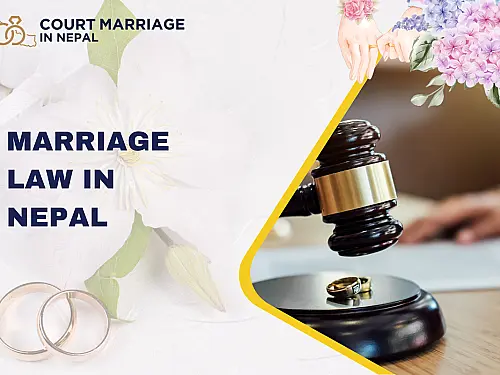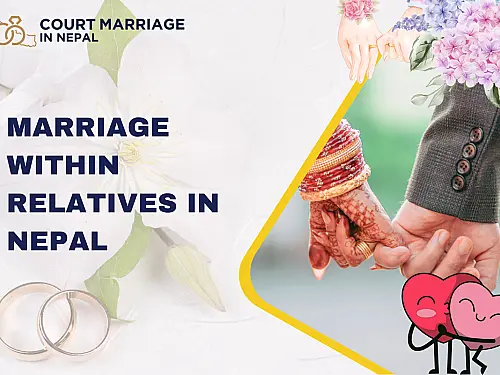Table of Contents
The minimum legal age for marriage in Nepal is established at 20 years for both men and women, with no exceptions allowed. This regulation is enforced under the Civil Code, 2074 BS, ensuring that all citizens, irrespective of their cultural or religious backgrounds, are subject to the same legal standards regarding marriage. However, despite this legal framework, child marriage remains a pervasive issue in the country. Reports indicate that a significant number of girls are married before reaching the legal age, with some being forced into marriage as young as 10 or 12 years old. This troubling trend is often driven by entrenched cultural norms, economic pressures, and societal expectations that prioritize early marriage over education and personal choice. In response to this challenge, community leaders and organizations, such as the Girls Rights Forums (GRFs), are actively working to combat child marriage through awareness campaigns and local advocacy efforts. These initiatives empower young girls to voice their concerns and challenge the societal norms that perpetuate child marriage.
Additionally, there are ongoing discussions among lawmakers regarding potential revisions to the legal age for marriage, particularly in light of rising cases of sexual violence and the need for stronger protections for minors. The government is considering changes to the Child Act and the Criminal Code, which may impact the current legal framework surrounding marriage. Overall, while the legal age for marriage in Nepal is set at 20, the reality reflects a complex interplay of cultural, economic, and legal factors that continue to challenge the enforcement of this law, necessitating concerted efforts from various stakeholders to address the issue effectively.

Section 70 of Civil Code
Ongoing Debate
The ongoing national debate in Nepal regarding the legal marriage age has gained momentum, with discussions centered around the proposal to lower the minimum age from 18 years. This debate has been fueled by recommendations from a parliamentary sub-committee and various lawmakers who argue that the current age limit does not align with the social realities faced by many communities, particularly in rural areas. In these regions, strict enforcement of the legal age has sometimes resulted in unintended legal consequences for young couples who choose to marry before reaching 20, leading to criminal charges such as rape or abduction.
As of 2025, the government is in the final stages of preparing an amendment bill aimed at lowering the legal marriage age to 18, however, the law has yet to be officially changed, and the current legal age remains at 20 years. The rationale behind raising the legal marriage age to 20 in 2017 was primarily to protect young individuals, especially girls, from the adverse effects of early marriage, which can include health risks, limited educational opportunities, and economic dependency. Advocates for maintaining the age at 20 argue that it is essential for ensuring that young people complete their education and are better prepared for the responsibilities of marriage. The ongoing discussions reflect a complex balancing act between cultural practices, legal frameworks, and the need to protect the rights and well-being of young people in Nepal.
Penalties
Nepal enforces a stringent legal standard for the minimum marriage age, establishing it at 20 years for both genders, without any exceptions. This clause is specified in the Muluki Civil Code, 2074 BS (2017) and implemented. Muluki Criminal Code, 2074 mentions that any marriage that includes individuals under this legal age is deemed unlawful and entails both civil and criminal repercussions. If an individual weds someone younger than 20, they could face three years in prison, a penalty of up to NPR 30,000, or both. This penalty affects not just the people getting married but also those who arrange, assist, or observe the marriage, such as parents, guardians, religious leaders, and community members.

Section 173 of Criminal Code
Aside from the penalties for child marriage, more serious criminal charges could be filed if either party is below 18, which is the age of sexual consent in Nepal. In these situations, any sexual connection even in a marriage may be legally viewed as statutory rape according to Section 219 of the Muluki Criminal Code. The punishment for statutory rape can reach up to 10 to 12 years in prison. This stringent method seeks to safeguard children, especially girls, from premature and coerced marriages and the adverse effects linked to early sexual experiences and pregnancy.
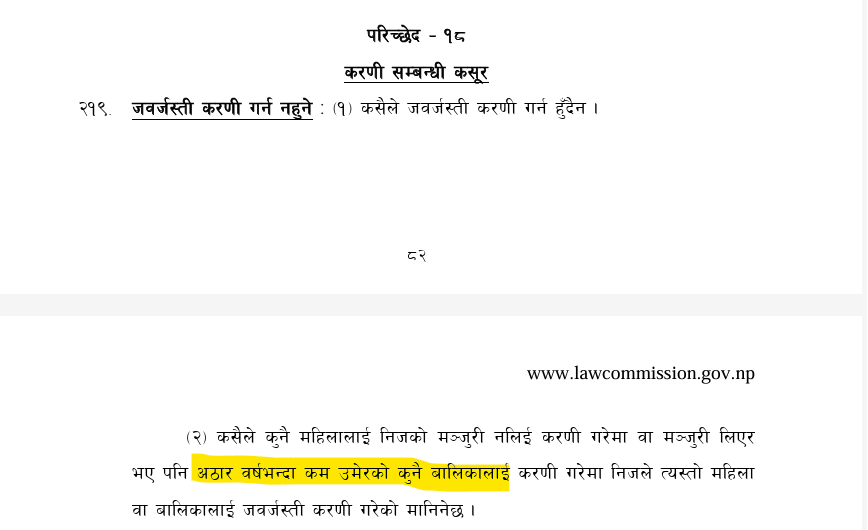
Section 219 of the Criminal Code
Additionally, the Children’s Act, 2075 BS (2018) authorizes authorities to act against planned or current child marriages, highlighting the state's duty in prevention and safeguarding. Although the marriage can be deemed voidable by civil law implying it can be annulled following a complaint, the children resulting from that union still have legal rights. Administrative repercussions are also important: such unions cannot be officially recorded, potentially resulting in additional difficulties in securing citizenship or other legal documents for the couple or their offspring. Consequently, Nepal’s legal framework implements the marriage age stipulation via a mix of criminal sanctions, civil annulment regulations, and administrative limitations, with the goal of safeguarding the rights and welfare of the nation’s youth.
Conclusion
Nepal’s rigorous implementation of the minimum legal marriage age of 20 demonstrates a national dedication to safeguarding the rights, health, and future of young people, especially girls. The legal measures aim not only to prevent early marriage but also to tackle its social, legal, and health-related repercussions. Amid ongoing discussions aiming to reconcile legal safeguards with social conditions particularly in rural regions the existing laws enforce harsh penalties on individuals who breach the age limit, which may include jail time, monetary fines, and potential criminal offenses like statutory rape. These steps emphasize the significance of knowledgeable, mature consent in marriage and the wider aim of ensuring that young individuals are not compelled into adult obligations before they are physically, emotionally, and socially ready.
Frequently Asked Questions
At Court Marriage In Nepal, a registered law firm operating as Court Marriage In Nepal Pvt. Ltd., we specialize exclusively in Court Marriage Nepal. As the first law firm in Nepal dedicated to court marriage services, we assist both Nepali citizens and foreign nationals with the court marriage registration process in Nepal, including complete legal support for court marriage registration for foreign citizens in Nepal. As a trusted marriage firm in Nepal and a licensed law firm in Nepal, we ensure a smooth, lawful, and stress-free experience. Contact us today for confidential assistance with court marriage registration in Nepal.

